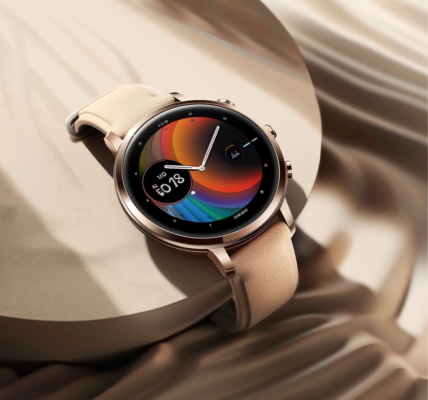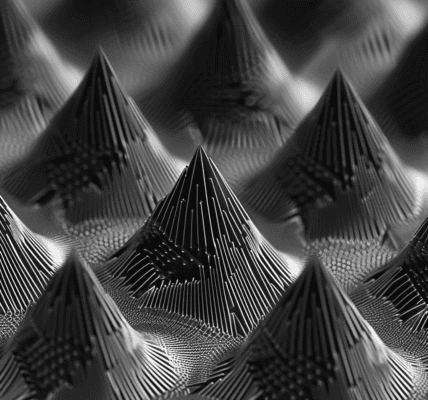University Researchers Looking for ‘Black Hole Hunters’
By Ethan Gudge
A university has launched an appeal for “black hole hunters”. The University of Southampton is looking for citizen scientists to search through telescope data to help identify black holes. Volunteers will be trained how to identify the astronomical phenomena, and will only need a smartphone, tablet, or computer. The research is part of joint work into elusive black holes between Southampton and Open University. Astrophysicists Dr. Matt Middleton, Adam McMaster, and Dr. Hugh Dickinson are leading the joint-project.
Dr. Middleton, from the University of Southampton, said: “We know our galaxy is teeming with black holes but we’ve only found a handful. You could help us change that.”
What is a Black Hole?
A black hole is a region of space where matter has collapsed in on itself. The gravitational pull is so strong that nothing, not even light, can escape. Black holes will emerge from the explosive demise of certain large stars. But some are truly gargantuan, billions of times the mass of our Sun. How these monsters – found at galaxy centers – formed is unknown. Black holes are detected from the way they influence their surroundings. Source: Nasa
Black holes are invisible, and their gravitational pull is so strong that not even light can escape, making them incredibly hard to see – even with specialist equipment. But Dr. Middleton added that gravitational pull is also “how we can detect them” because it is “so strong that it can bend and focus light, acting like a lens that magnifies light from stars”. “We can detect this magnification and that’s how we know a black hole exists,” he added.
Mr. McMaster, from the University of Southampton, said: “Your work will directly contribute to real scientific research and you’ll be helping to make the invisible become visible.” He continued: “All you really need is an interest in space”, adding that people of all ages were encouraged to sign-up with no prior expertise required. Black Hole Hunters previously analyzed data from a ground-based telescope but has relaunched with a new set of data to analyze from a space-based telescope, called TESS.
Dr. Dickinson, of The Open University, said: “Using the amazing data from the TESS satellite means that there’s a good chance that one or more citizen scientists will be able to spot one of the elusive gravitational lensing events that we’re looking for.” Follow BBC South on Facebook, X, or Instagram. Send your story ideas to south.newsonline@bbc.co.uk. The Open University Black holes Astronomy Southampton University of Southampton Related American lunar mission destroyed over Pacific Ocean





